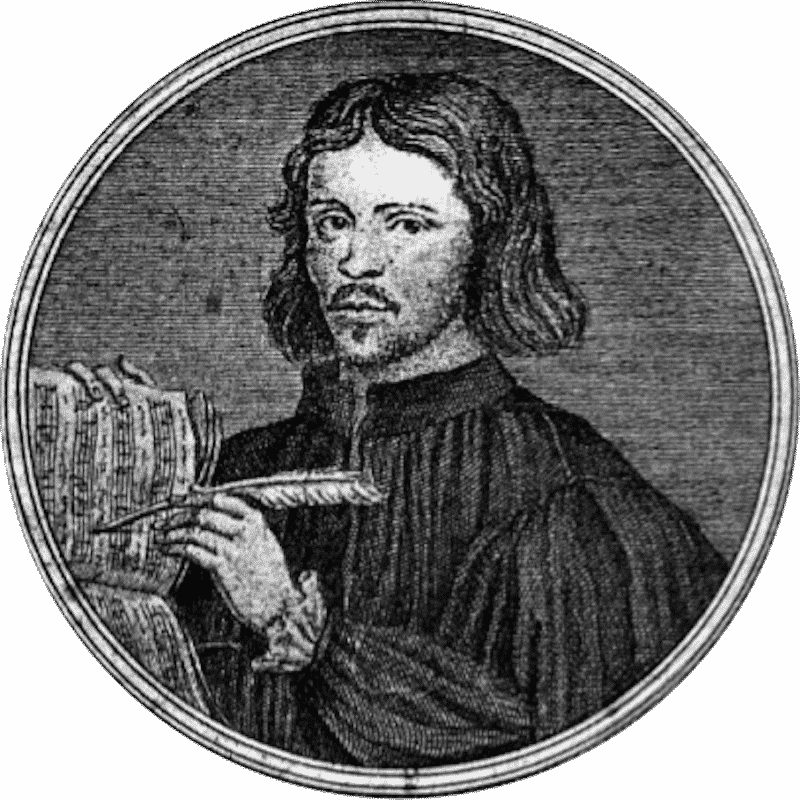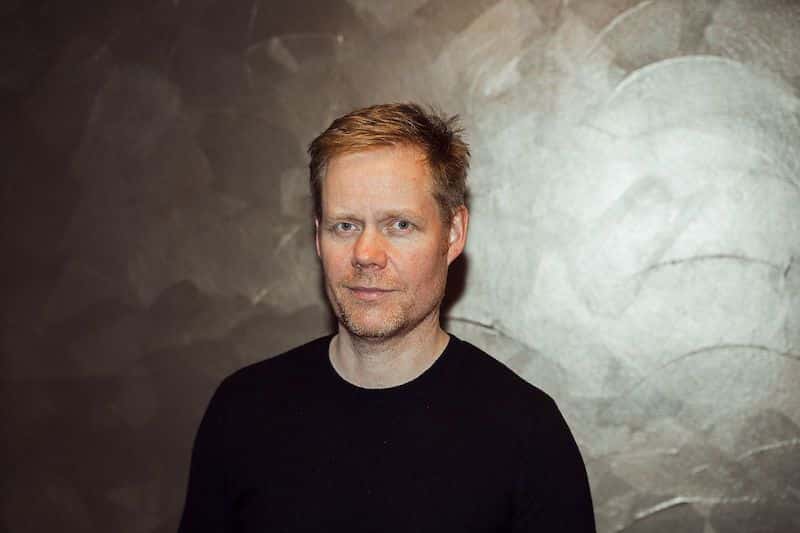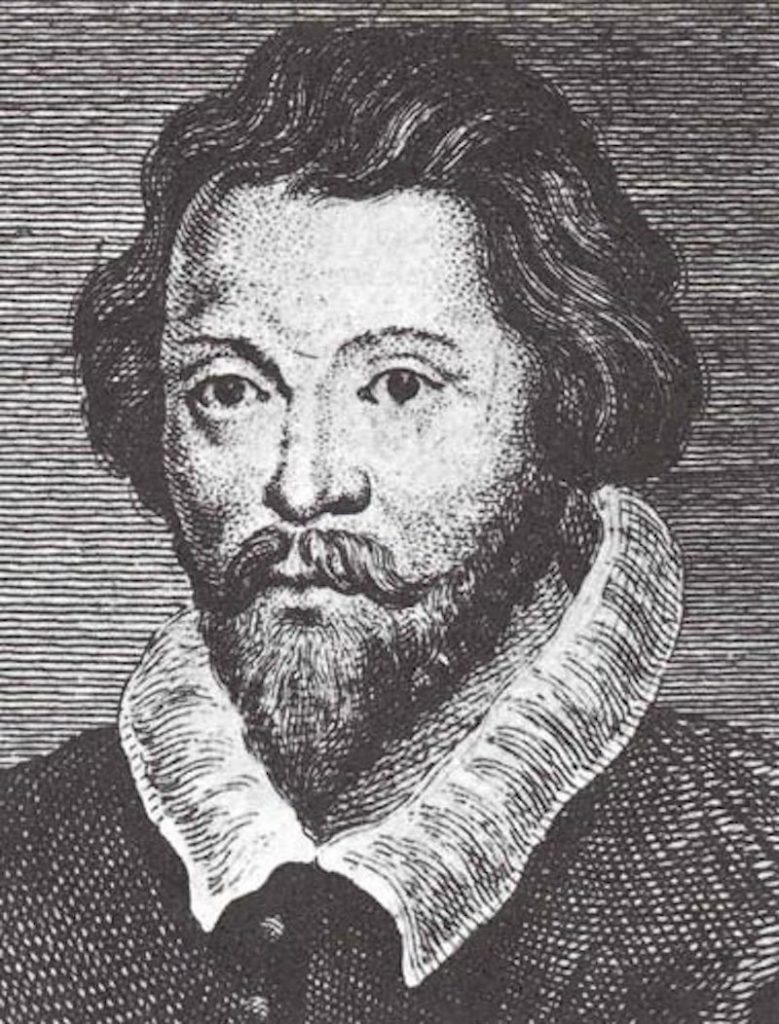The world has England to thank for some of its greatest chamber, classical, choral, and orchestral music. From the timelessly famous Messiah of Handel to the ultra-progressive political pieces of modern composer Max Richter, British composers have paved and re-paved the landscape of music.
Beyond the well-known masters, there are many hidden gems waiting to be discovered, and the contributions of these British composers are vast and varied, offering something special for every listener.
So in this post, let’s get to know some of the world’s greatest British composers. Let’s get started!
1. Gustav Holst (1874–1934)
Our first composer, Gustav Theodore Holst, was born in Cheltenham, Gloucestershire, into a family of musicians. He learned to play the piano, violin, and trombone.
Due to asthma, he focused on composing rather than playing and went on to study at Oxford and the Royal College of Music. In 1892, he wrote his first major work, Lansdown Castle, which was performed at the Cheltenham Corn Exchange the following year.
During WWI, he tried to join the army but was rejected because of his health. To cope, he dedicated himself to composing, leading to his famous suite, The Planets, featuring seven pieces named after the planets in our solar system.
2. Henry Purcell (c. 1659–1695)
Baroque composer Henry Purcell was born in Westminster, London. Though he lost his father when he was five, his uncle ensured he became a chorister like his brothers and studied under notable composers.
By the time his voice changed in 1673, he was already composing, with a style that blended French and Italian influences, and had written an ode for the king’s birthday.
During the late 1600s and early 1700s, Purcell composed many pieces for orchestras and the theater. His most famous piece, Te Deum and Jubilate Deo, was performed alongside Handel’s works. He also composed music for Queen Mary II’s funeral.
3. Benjamin Britten (1913–1976)
A talented composer, conductor, and pianist, Edward Benjamin Britten created a wide range of music, from operas and vocal pieces to orchestral and chamber music.
Born in Suffolk, England, Britten showed early musical talent despite no family background in music. He learned piano and studied at the Royal College of Music in London, as well as with composer Frank Bridge.
In the 1930s, he faced criticism in England but found inspiration in America, becoming friends with composer Aaron Copland.
After returning to England in 1942, he proceeded to compose over 15 operas and co-founded the Aldeburgh Festival. Among his greatest works are Peter Grimes and Death in Venice.
4. Edward Elgar (1857–1934)
Born in Worcestershire to a violinist, Sir Edward William Elgar learned violin and piano as a child. Before becoming famous as a composer in the 1890s, Elgar played in and conducted orchestras for many years.
As a Roman Catholic, Elgar’s European influences were controversial in England, leading to mixed opinions about his music. Despite this, he went on to compose some of the world’s most-played music.
This includes the Pomp and Circumstance Marches (“Graduation March” in the US) and “Nimrod” from the Enigma Variations, the latter often played at funerals and on Remembrance Sunday in the UK. Later, he began recording his works, which was a major innovation at the time.
5. Thomas Tallis (c. 1505–1585)

Born around 1500, Thomas Tallis was a Renaissance composer known for his sacred choral music. There isn’t much known about his early life, but the first public record of him is as the organist at Dover Priory in 1531.
He composed music for several English monarchs, including Henry VIII, Edward VI, Mary I, and Elizabeth I. In the 1540s, he worked for Canterbury Cathedral and the Chapel Royal.
Tallis’s most famous works are in a manuscript called The Mulliner Book, which Queen Elizabeth is rumored to have used. November 21st is celebrated as his Feast Day by the American Episcopal Church.
6. Ralph Vaughan Williams (1872–1958)
Like many on this list, Ralph Vaughan Williams started his musical journey early, with his aunt teaching him piano when he was five. Though talented, he preferred the violin.
Vaughan Williams began writing for musical journals and composing operas, ballets, chamber music, vocal music, and folk songs, with a focus on English folk and Tudor styles.
After serving in WWI, his work and mood became darker. In 1943, he premiered his Fifth Symphony, which was noted for its brighter tone compared to his earlier work. Some of his most loved pieces include The Lark Ascending and Fantasia on a Theme by Thomas Tallis.
7. George Frideric Handel (1685–1759)
Baroque composer George Frideric Handel might have been born in Germany, but he lived in London most of his life and is considered an English composer.
Handel showed musical talent early on, despite his father’s disapproval. His secret studies led to an opportunity to play the organ at the Holy Trinity Palace Chapel, and his father later arranged for him to receive formal organ lessons.
After his father’s death in 1697, Handel continued playing the organ and composing. His repertoire includes 42 operas, 12 organ concertos, and nearly 200 other pieces, with Messiah his most famous work.
8. Max Richter (1966–)

Another German-born British composer on this list is Max Richter. He started as a pianist and studied composition and piano at the University of Edinburgh and the Royal Academy of Music in London.
Richter co-founded the classical ensemble Piano Circus, known for its contemporary and minimalist style, and released five albums with them. From 1996 to 1998, he played piano and co-wrote with the band Future Sound of London, contributing to three of their albums.
He has worked on many film and TV scores. His most famous soundtrack is for Waltz with Bashir, which won a Golden Globe.
9. William Byrd (1540–1623)

A musical prodigy from Lincoln, England, William Byrd began composing music as a child and served as the organist and master of choristers at Lincoln Cathedral from 1563 to 1572.
He later joined the Chapel Royal, where he had more opportunities to compose for Queen Elizabeth I. In 1575, Byrd published Cantiones sacrae with composer Thomas Tallis.
Byrd, originally from a Protestant family, became a devout Catholic in the 1570s. This led to his suspension from the Chapel Royal due to religious controversy, but he continued composing for both Catholic and Anglican churches. He composed over 450 pieces throughout his life.
10. Ethel Smyth (1858–1944)
Dame Ethel Mary Smyth was a pioneering British composer and a proud member of the women’s suffrage movement. She started taking piano seriously at 17, even though her father was against it.
Not satisfied with studying at Leipzig Conservatory, she took private lessons and worked with various mentors before returning to England to continue her work.
Her notable works include Mass in D and the opera The Wreckers. For over 100 years, her opera Der Wald was the only opera by a woman performed at the New York Metropolitan Opera.
Despite facing challenges as a female composer, her music was featured on the BBC, and she is still remembered for her contributions to women’s rights.
11. Samuel Coleridge-Taylor
Born in Holborn, London, into a musical family, Samuel Coleridge-Taylor was immersed in music early and given violin lessons. He later switched to composition, gaining fame for his classical and choral music.
His most well-known piece is Hiawatha’s Wedding Feast, inspired by a poem about Native American culture.
Coleridge-Taylor was proud of his African heritage and often included themes related to African culture in his music. He was also involved in supporting racial equality and helped promote Black musicians during a time of significant racial challenges.
Besides composing, Coleridge-Taylor was a dedicated teacher at the Royal College of Music, where he inspired many students.
12. Harrison Birtwistle (1934–2022)
Harrison Birtwistle was famous for his modern and experimental approach to classical music. His music often featured complex rhythms and textures, making it stand out in the contemporary classical music scene.
He was deeply inspired by mythology, literature, and the visual arts, and these influences were evident in his compositions. Some of his most well-known works include the operas The Mask of Orpheus and Gawain.
In addition to his compositions, Birtwistle was a respected teacher and mentor. He taught at several institutions, including the Royal Academy of Music, and influenced many young composers with his bold ideas and dedication to the craft.
13. Judith Weir (1954–)
Closing this list is a British composer of contemporary times. Judith Weir is famous for her operas, choral works, and orchestral music.
Weir often uses folk tales, myths, and historical stories in her music. Some of her most popular pieces are the operas A Night at the Chinese Opera and The Vanishing Bridegroom.
Besides composing, Weir is a strong supporter of music education and young composers. Appointed by Queen Elizabeth II in 2014, she has been serving as the Master of the King’s Music, a special role where she helps promote British music.
Summing Up Our List Of The Greatest British Composers
Each of these British composers has either overcome great adversity to produce their famous works or used their compositions to perpetuate a cause they believed in.
Their works have been featured in some of the world’s greatest orchestra halls and on the BBC, in pop albums and feature films, and in sacred places of worship.
Their pieces have withstood the test of time, and they will be remembered for centuries to come.
